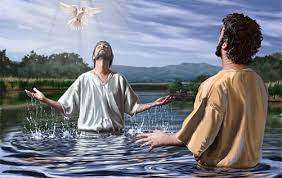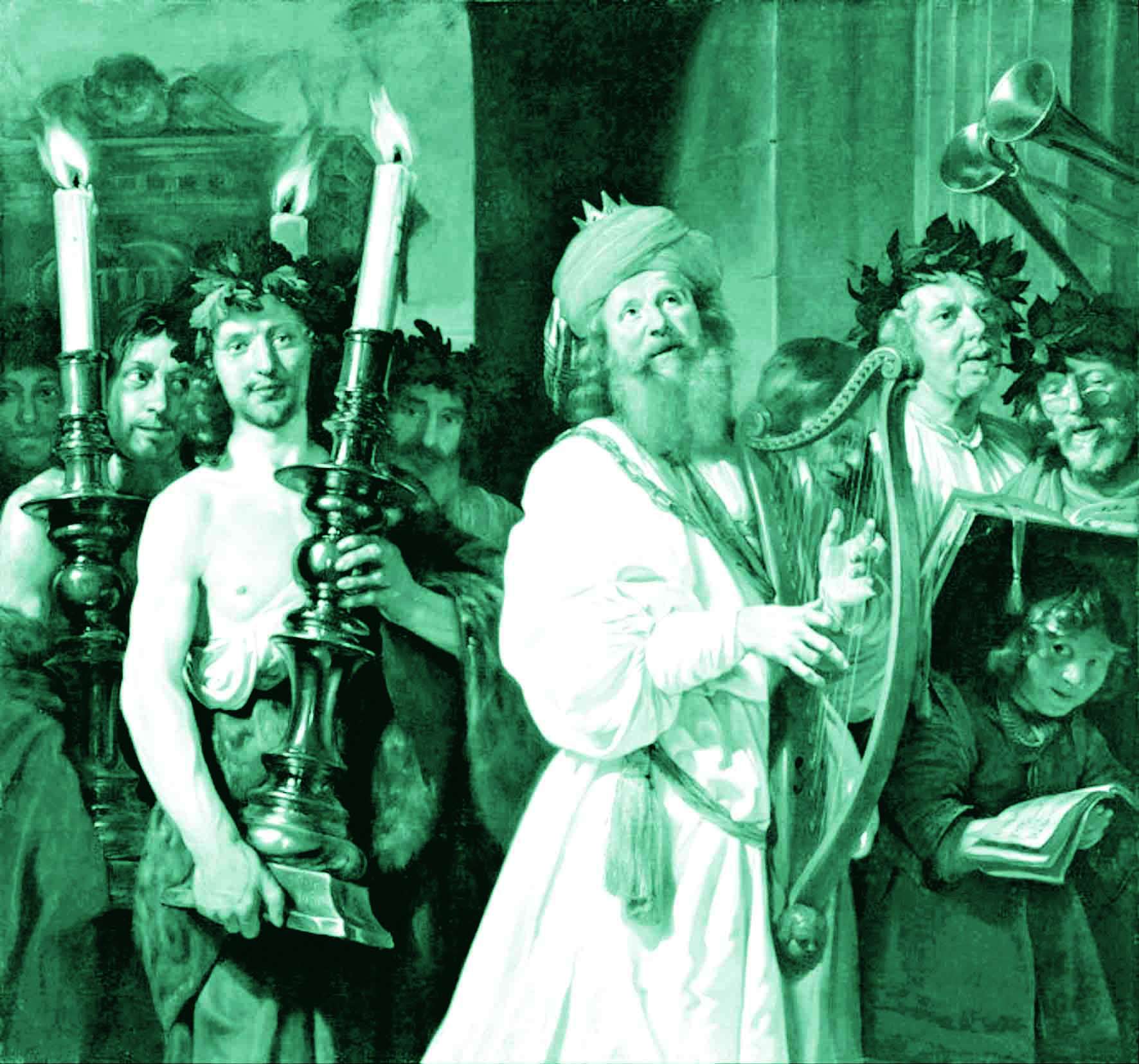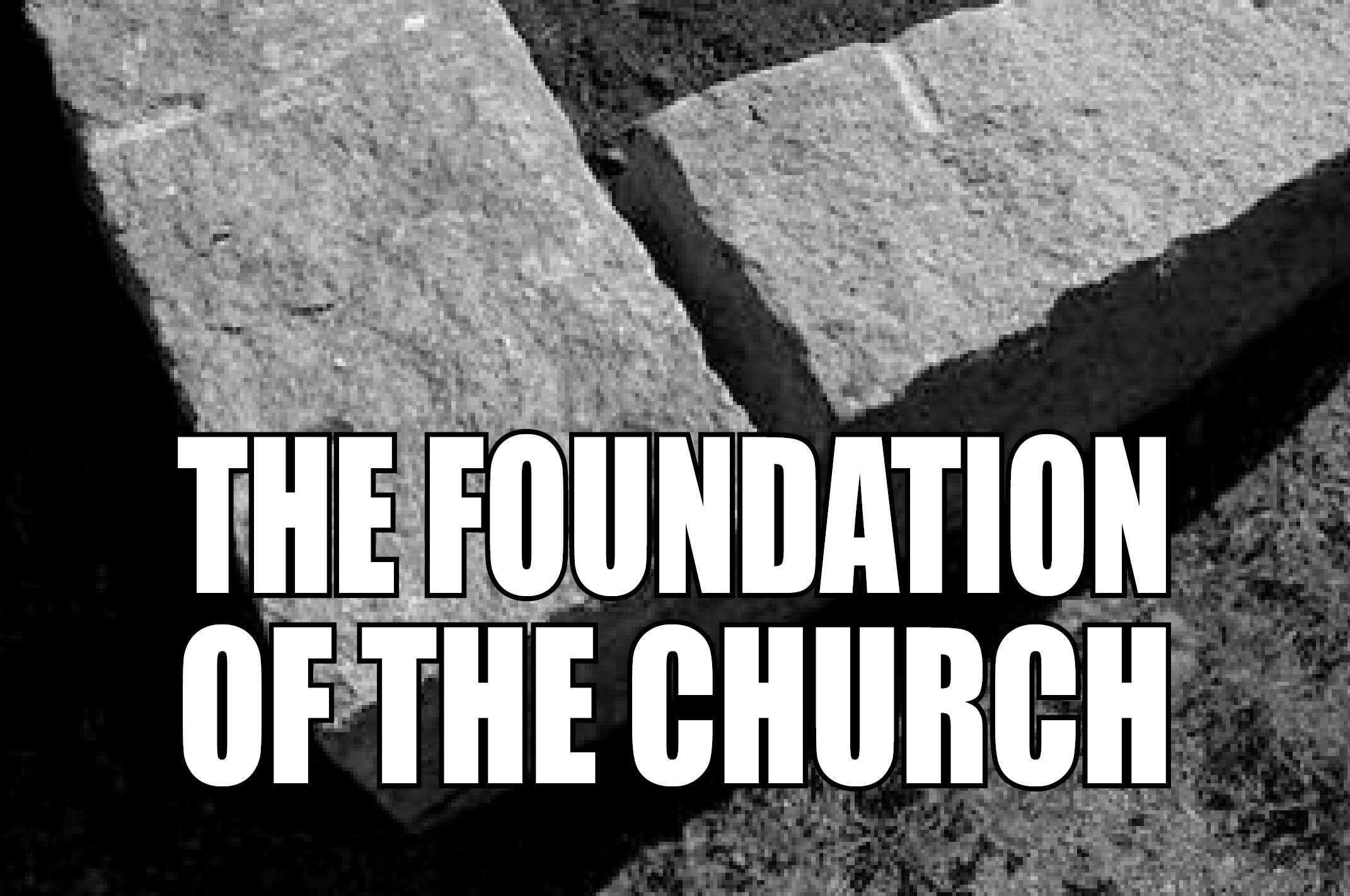
A PASTOR’S CALL AND HIS MINISTRY
Pr. P. J. Daniel
Pastoral ministry is one among the five fold ministries given by the Lord Jesus Christ to the Church. The term shepherd or Pastor is well known to the people of Israel and in the Christian community. The word Pastor came from the term ‘pasture’ or ‘Pastores’; the Latin equivalent of the Greek word is ‘Poimen’. Basically it means “shepherd”. This word Poimen is used eighteen times in the New Testament and most of the places it is translated as shepherd. But it is a paradox that none is willing to be called as Shepherd.
In the OT, the idea of shepherd is used in three ways.
- The term is used to describe the warm and intimate relationship between God and the people of Israel (Ps. 23:1; 95:6, 7; 100:3).
- The idea of shepherd was used to describe the work of religious and political leaders of Israel who were appointed for God to rule and care His people. Moses was a shepherd who led the people of Israel to Canaan. The priests, the prophets, the kings and judges also come under the term Pastor. They were the people to guard and guide the people of Israel. There were also worthless shepherds in Israel (Eze.13:3)
- The prophets like Isaiah, Jeremiah, and Ezekiel also used the good shepherd idea. It describes the expectant Messiah or Jesus, the coming new leader or the true shepherd (Ezek. 34:11-15). He will execute justice and righteousness in the lamb (Jer. 23:5). Moreover, He tends his flock like a shepherd: He gathers the lambs in his arms and carries them close to his heart; he gently leads those that have young (Isaiah 40: 11).
In The New Testament, idea of shepherd is used in 2 ways.
- Jesus Himself used the term “I am the good shepherd (Jn. 10:1-16) the author of the Hebrews calls Jesus as ‘The great shepherd of the sheep’ (Heb 13:20)
- Jesus commissioned Peter to feed His lambs and tend His sheep (Jn. 21:15, 16). Apostle Paul warned the elders of the church at Ephesus, ‘take heed yourselves and the flock, in which the Holy spirit has made you overseers’ (Acts 20:28). Peter exhorts to the leaders of the church at being example to the flock (2 Pet. 5:2, 3).
The call and Appointment of a Pastor
A Pastor must be gifted, called, and equipped by the Lord for the “work of the ministry”. All Christians are “saints by calling”, but not all are “Pastors by calling”. But today there are so many so-called Pastors, who never have a divine call. Let us therefore consider some things regarding this “divine call” to be a Pastor.
It is purely a matter between each Christian and his Lord and Master. The authority of the call is the prerogative of Christ alone, for He calls whomsoever He wills (Mark 3: 13 – 14). Both secular and theological educations are utterly useless, apart from this call of the Lord. The fact that a person possesses a natural instinct and ability, will not qualify that person to be a Pastor. It is good, but not sufficient, to have natural gifts and possesses physical, mental and educational fitness.
It involves personal heart dealing with God. God burdens the heart of an individual, impresses him personally with the necessity of becoming a Pastor. Paul spoke of it as a “necessity” laid upon him (1Cor. 9:16). It comes usually in the midst of Christian activity. God does not want lazy idle people for His work. It was while Barnabas and Saul ‘ministered to the Lord, that the divine call came (Acts 13: 2). It was while Moses tended his flock, that he was commissioned to be a leader of Israel (Exodus 3: 1-2). It was while Gideon threshed the wheat, that he was selected to deliver Israel from the oppressors (Judges 6:11). It was while Elisha was busy ploughing, that the mantle of Elijah was thrown on his shoulders (I Kings 19:19). Isaiah received his call in a moving spiritual experience recorded in Isaiah 6: 1-10.
God calls His people to the ministry in different ways, but every call is distinct. God calls someone through a burning bush; some may have a dream, vision or prophetic word. Still others will be called by God through deep inner desire which He has planted in their hearts.
There are different types of appointments common in these days. Minimum there are three types of appointments, which are: - 1) Self appointment 2) Man appointment 3) God appointment.
Self Appointed Pastors
To be a self-appointed Pastor means to take upon oneself the authority and responsibility of a spiritual office into which one has not been divinely called. An example of self appointed leadership is found in Numbers 16 and 17. Korah rebelled against the divinely-appointed leadership in Moses and tried to set himself as a Leader. King Saul had taken up the ministry of priest and ended up in failure. King Uzziah, while he became strong he tried to take up the ministry of a Priest, which also become a curse to him.
Man-appointed Pastors
Man-appointed Pastors are people who claim to receive a call from God, but the call is by the authority of human vessels. This makes people man-centered than God-centered. They look at the ministry as a profession. We see Samuel making his sons the judges over Israel (I Samuel 8: 1-4). But they did not walk in the ways of the Lord as their father followed. Then the people of Israel compelled Samuel to appoint them a King as the heathens had. Samuel appointed Saul as their King, who was man appointed. Though God permitted it, it was a permissive will and not the perfect will of God. Samuel anointed Saul with the oil poured out from a vial. But all the other kings were anointed by the oil poured forth from the horn of an animal – not a vial. Bowl is man- made vessel for the use of man. The horn was taken from an animal or a sheep, which had given its life to produce it. Saul, who had a man-made ministry, was anointed with a man-made instrument, the vial. David, on the other hand, being God’s choice, was anointed with the divine oil poured out from the horn of an animal (I Samuel 10: 1, 2; 16:1-4, 12)
God-appointed Pastors
A Pastor should be very certain that God has called him, and then he can go without fear. For God’s calling is His enabling. Paul had the assurance and could say firmly with confidence that “He who called me is faithful, and also he will do it” 1 Thessalonians 5: 24. His ministry will prove that He is called by God.
The Ministry of a Pastor
God is does wonderful ministries through a Pastor. As God’s works are beautiful, He has given His ministers glorious ministries. God’s servants are the instruments of God to be used by Him on earth. He is a true shepherd. A shepherd guides the flock to good pastures and safe resting places (Psalms 23: 2, 3; Isaiah 40:11). He feeds the sheep and provides for all their needs (Psalms 23; John 10). He guards his flock and protects it from wild animals or thief or other dangers even when this involves danger to himself (I Samuel 17: 34). He searches for any sheep that gets lost until he finds it. It means going into difficult and dangerous places, however dark the night or inclement the weather may be (Mat 18: 12; Ezekiel 34:12). He knows the names of each sheep individually so that they too know his voice and follow when he calls (John 10: 1-4). He carefully tends the sheep that are sick and weak and takes care of them (Gen. 33: 13).
The work of the Pastor is a model of this pattern. It includes feeding with the truth, protecting from heresies, caring for the needy and the distressed, encouraging those who are half hearted in their faith. A Pastor not only keeps the flocks in order but also disciplines them and gives them guidance and spiritual directions.
A true Pastor should have the following qualities. He should have the foresight of an eagle, Speed of a hunting dog, strength of a bull, endeavour of a bee, faithfulness of a horse, perseverance of an ass, greatness of a lion, humbleness of a lamb, thickness of the skin of a rhinoceros, willingness to live with the income of a sparrow. If he has the merits of these creatures, his ministry will be a success.



















